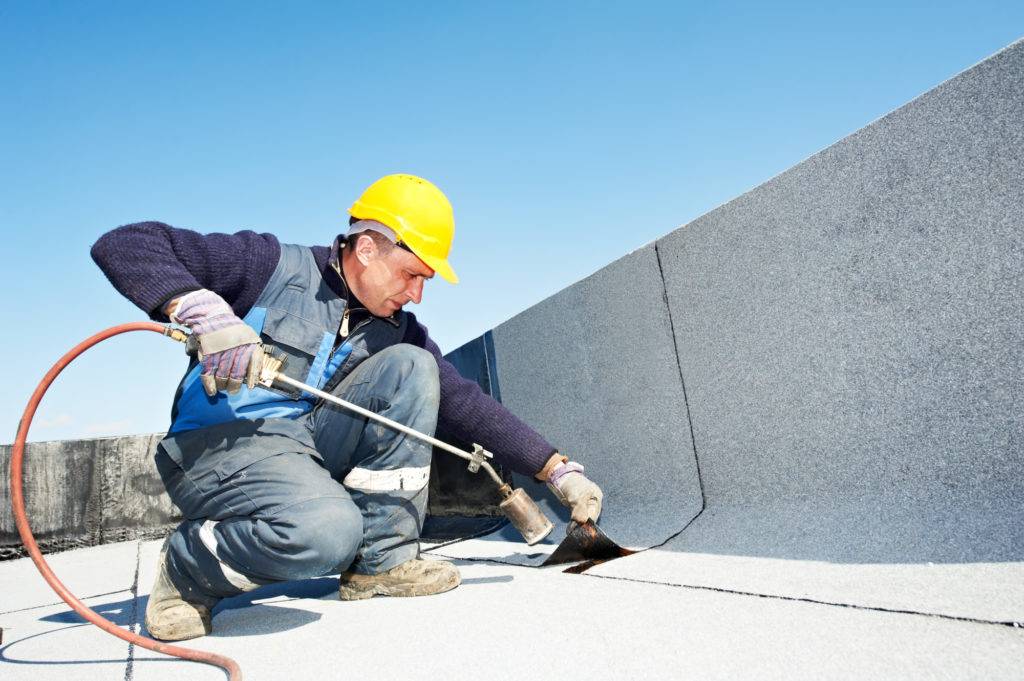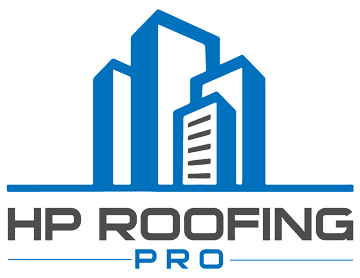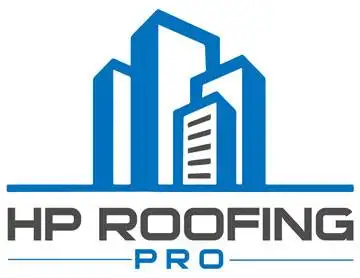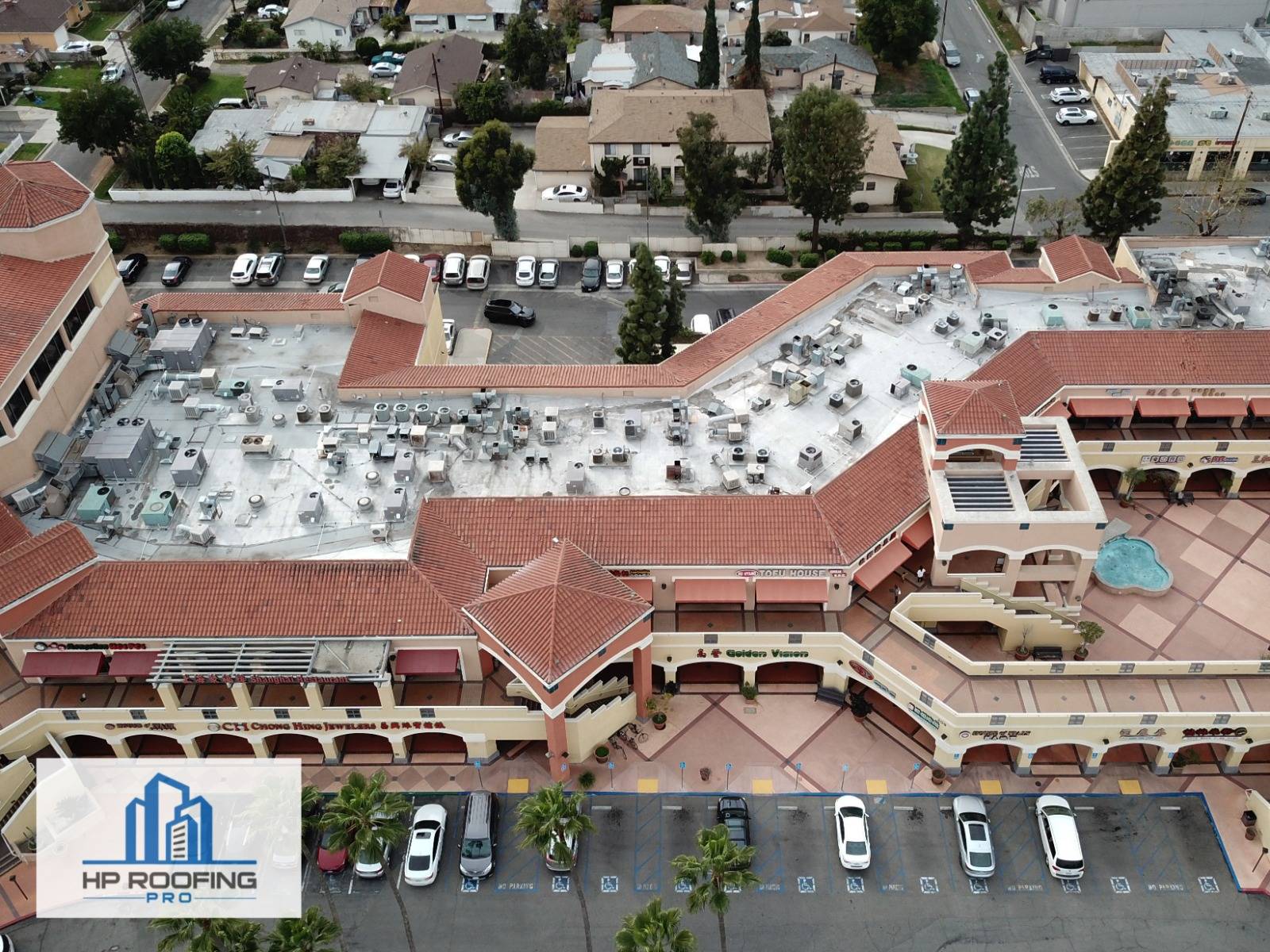Mon - Fri 7:00 am - 4:30 pm
601 South Palm Avenue, Alhambra, CA 91803
Posted by thomas ferriere No Comments on 12 Tips When Creating a Commercial Roof Maintenance Plan Roofing
12 Tips When Creating a Commercial Roof Maintenance Plan
The sun creates 3 different types of UV rays. Even with a durable metal roof, intense UV rays can cause much damage. The heat the rays produce can quickly deteriorate your roof’s protective coating. What’s the solution? You must invest in a thorough roofing maintenance plan that includes frequent inspections. That way, the second thing that needs repair, you’ll know about it. What’s the secret to making a commercial roof maintenance plan? It’s a lot easier than you might think.
To help you out, we’ve created this complete guide with the best roof maintenance tips. Read on to learn all about caring for your commercial roof.
Commercial Roof Maintenance Materials

Before we discuss the different maintenance tips for commercial roofs, it’s helpful to understand the type of roof material you have.
Here’s a list of the different types of commercial roofing materials:
- Spray on silicone
- Shingle roofing
- Green Roofing
- Metal roofing
- Built-up roofing membrane
- Thermoplastic PVC
- TPO roof membrane
- Cool Roof System
What roofing material do you have? If you don’t know, you should find out sooner rather than later. Reach out to a roofing contractor, and they’ll be happy to evaluate the material for you.
When you know the material, you can customize your maintenance plan. This will save you time and help eliminate risks.
For instance, a metal roof will be one of the easiest to maintain materials. You might not need as many repairs as you would with more delicate roofing materials.
Los Angeles-Specific Commercial Roof Maintenance: A Detailed Guide
1. Assess UV Radiation Impact in LA Climate
Los Angeles is known for its sunny weather, which can be harsh on roofing materials due to increased UV radiation. Understanding this impact is crucial for effective maintenance.
- Local Climate Understanding: Recognize how LA’s sunny climate intensifies the effects of UV radiation on roofing materials.
- Regular Inspections: In LA’s climate, schedule quarterly inspections to check for UV damage, which is especially crucial for metal roofs.
2. Determine Your Roofing Material
Knowing your roof’s material is essential for targeted maintenance, especially in a city with diverse architectural styles like Los Angeles.
- Material Identification: Know if your roof is silicone, shingle, green, metal, membrane, PVC, or TPO.
- LA Expert Consultation: Consult a local LA roofing specialist for material-specific maintenance advice, considering the regional climate and environmental factors.
3. Metal Roof Maintenance in LA
Metal roofs in coastal cities like Los Angeles are more corrosion-resistant due to the salty air.
- Focus on Corrosion: LA’s coastal air can increase corrosion risk. Prioritize corrosion prevention in your maintenance plan.
- Inspection Adaptation: Adapt inspection frequency to LA’s weather patterns, considering rainy seasons and the potential for smog-related deposits.
4. Partner with a Local Roofing Contractor
A local contractor with experience in LA’s specific roofing challenges can offer tailored maintenance solutions.
- Selecting a Local Expert: Choose a contractor with a strong track record in LA, who understands local roofing challenges.
- Service Agreement Tailoring: Ensure your agreement includes services critical for LA roofs, like debris removal after Santa Ana winds.
5. Customize Your Maintenance Contract
A maintenance contract in LA should specifically address local weather patterns and environmental issues.
- Routine Services: Emphasize gutter and drain cleaning due to LA’s occasional heavy rains.
- LA-Specific Clauses: Include provisions for smog and pollution-related damage inspections.
6. Budgeting with LA’s Market in Mind
Roofing service costs vary significantly in a large metropolitan area like Los Angeles.
- Realistic Budgeting: Set a budget that reflects LA’s market rates for roofing services.
- Warranty Compliance: Make sure your contractor’s practices align with warranty requirements, crucial in LA’s dynamic environmental conditions.
7. Select a Comprehensive Warranty
Selecting the right warranty is crucial in a city like Los Angeles, where roofing systems can face unique stresses.
- LA Warranty Needs: Choose warranties that offer protection against issues common in LA, like thermal expansion and contraction.
- Comprehensive Coverage: Ensure the warranty covers installation, materials, and LA-specific environmental damages.
8. Regularly Inspect Roofing Elements
Regular inspections are vital in Los Angeles to catch issues unique to its climate and urban environment.
- Focus on Local Elements: Pay special attention to elements like ventilation and drainage, crucial in LA’s varied climate.
- Address Issues Promptly: Quickly resolve any issues, especially water pooling, which can be a problem in LA’s rainy season.
9. Professional Repairs Over DIY
The complexity of roofing issues in Los Angeles often requires professional expertise rather than DIY solutions.
- Rely on Professionals: Given the complexity of LA’s roofing needs, avoid DIY repairs and rely on local experts.
10. Tackle Common LA Roofing Mistakes
Awareness of and addressing common roofing mistakes can save Los Angeles building owners significant future costs.
- Enhance Leak Protection: Given LA’s occasional heavy rains, ensure robust leak barriers are in place.
- Adequate Ventilation: Prioritize ventilation to combat LA’s unique urban heat and coastal humidity mix.
- Drip Edge Maintenance: Regularly inspect and maintain drip edges, which are critical for managing water flow during rainy periods.
11. Selecting the Right LA Roofing Contractor
Choosing a contractor knowledgeable in Los Angeles roofing ensures compliance with local codes and effective handling of regional challenges.
- Local Expertise: Choose a contractor familiar with LA’s roofing challenges, including local building codes and environmental regulations.
- Comprehensive Service Need: Opt for contractors who offer a full range of services, from preventive maintenance to emergency repairs, tailored for LA buildings.
12. Collaborate with HP Roofing Pro
Partnering with a local expert like HP Roofing Pro can ensure your commercial roof in Los Angeles is maintained to the highest standards.
- Local LA Solutions: Contact us for specialized commercial roof repair and maintenance plans suited to LA’s unique environment.
- Invest in Your Roof’s Longevity: Protect your investment with our expert services, ensuring your roof withstands LA’s specific challenges.
Secure Your Commercial Building
After reading this article, do you think it’s time to update your commercial roof maintenance plan? Maybe you’re worried about existing roof damage, or perhaps you’re just trying to be proactive.
Whatever the case, here at HP Roofing Pro, we’re proud to offer affordable commercial roofing solutions. You should never let a damaged roof hurt your company’s reputation.
Contact us today to learn about our commercial roof repair and maintenance plans. The sooner you act, the safer your roof will be!
Recent Posts
Categories
Recent Posts
Solar Leasing vs. Buying: What’s Best for Your Business?
Do you have any questions?
Contact us at The HP Roofing PRO office or submit a business inquiry online
Contact Us






